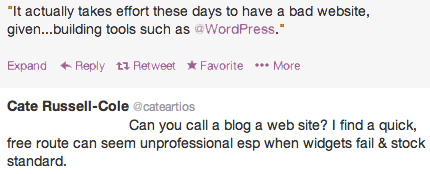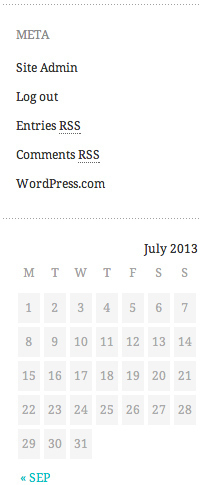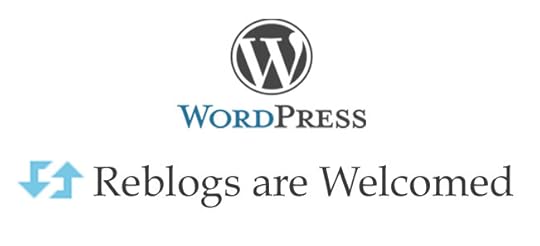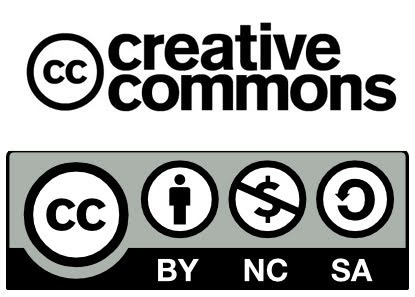Professional, Effective Author Sites: The Problems With Using Blogs
 This tweet caught my eye and made me go “hmmm…” Actually, it’s easy to have a bad author website. All you do is fail to plan, use nothing but freebies and put in minimal effort. I often see it done.
This tweet caught my eye and made me go “hmmm…” Actually, it’s easy to have a bad author website. All you do is fail to plan, use nothing but freebies and put in minimal effort. I often see it done.
It’s essential for authors to have a dedicated website and a blog. I can see the benefits of combining both, however, it concerns me when blogs are used as author websites. I see many where the blog quality is not doing that author justice at all. It can work against you. I also had to ask, “since when is a blog a product website?” In the commercial world, it’s not. You need both if you want to succeed.
I do understand that technology and code can be utterly daunting, plus the expense of hiring a site developer can be exorbitant. I don’t judge any author by using Blogger or WordPress, especially Indie authors. However, there is one exception which makes me back off someone’s site… and which helps give independent authors a bad name: a standard, half-working, thrown together blog.
For those of you who don’t want to be broke or a geek, you can get away with using a blog if it is done well. Here is what will kill your author site credibility if you drop the ball:
~ Using the first theme that comes up as the freebie. We know you didn’t even try! If it is Twenty-Ten, Twenty-Twelve or Twenty-Thirteen it’s a dead give-away. These are the automatically chosen defaults WordPress starts you with. The name appears at the bottom of your blog.
~ Widgets that don’t work! The Twitter widget on WordPress is a frequent offender, for that reason, I stopped using it. I have noticed it malfunctioning on many blogs.

No, no, please no! Readers don’t use them and it looks like you didn’t bother to plan.
~ Old information in the side bars: out of date events, accounts and links that no longer work make your blog look abandoned and show your commitment level. Update regularly and change content to draw new interest (and draw in search engines.)
<<< Using all the basic, standard template features: leaving on calendars, meta data, categories, recent comments etc. all as they appear on the template, without just leaving what works. Also, get rid of the Hello World first post and the rubbish in the Links which are automatically provided.
~ More than one sidebar so the blog is crammed and hard to read.
~ Not adding your copyright at the base of the page, to a sidebar or to posts.
~ Not deleting the standard template page which comes with the blog and adding your own pages, or leaving only one.
~ Too many negative apology posts over not keeping up with your commitment to blog or write.
Also: if you write for an initiative such as ROW80 or #writemotivation, please, get yourself a separate blog and put your writing woes there: and don’t make it open to search engines. You can dent your reputation! Also, put your personal stuff elsewhere: this is your business shopfront.
~ Not replacing the template headers and backgrounds with your own.
~ Please make the small financial commitment to add your own custom web address to your blog and turn off the ads. I was lucky enough to get a blog url which was my Twitter handle, so I dodged one expense, but the ads, they had to go. On WordPress it is $30 a year. Your own domain name is $18.
~ Please, don’t take your blog live until all the technical issues and design are completed. I know you’ll be proud of your new blog, but resist the temptation to go out half-dressed.
So my apologies to the writers who believe it is hard to have a bad website, but when you read a lot of blogs and visit well executed writer’s sites, it is actually incredibly easy to pick out who cares, who is professional and who understands their marketplace… and who doesn’t. It can help you achieve or it can help you fail.
This blog post by Cate Russell-Cole is licensed under a Creative Commons Attribution-NonCommercial-ShareAlike 3.0 Unported License. You are free to share and adapt it.
Filed under: Writing Resources Tagged: author, author web site, blog, blogging, failure, goals, growth, Indie publishing, marketing, professionalism, resource, success, web site, writer, writing












